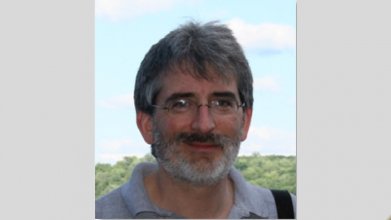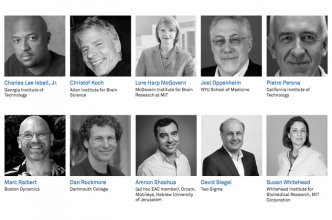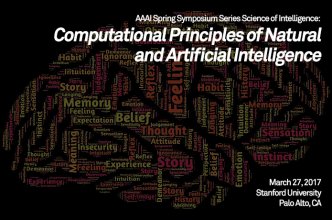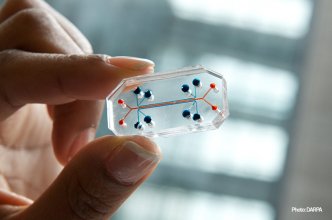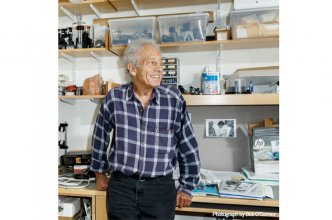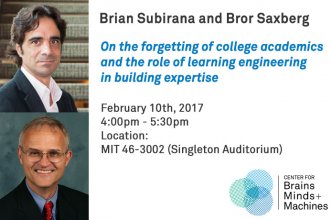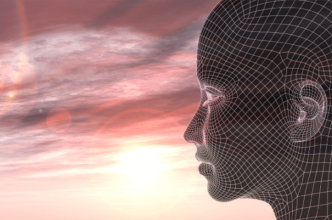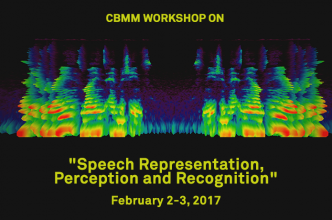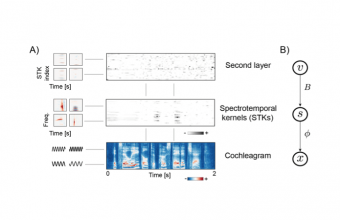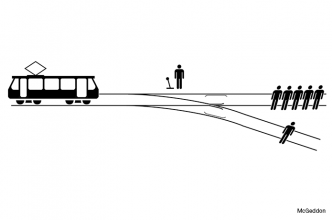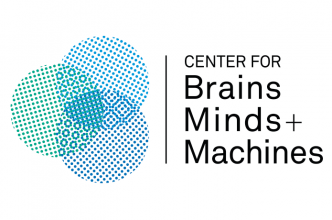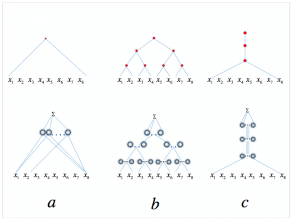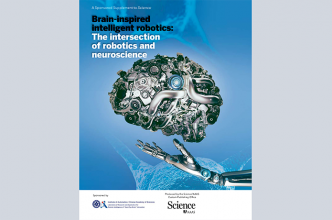Home Page Spotlights
"Intel agreed on Monday to pay $15.3 billion for Mobileye, an Israeli technology company that specializes in making sensors and cameras for autonomous cars, as the global microchip giant tries to expand its reach in the fast-growing sector."
Prof. Jacob Feldman (Rutgers) will be speaking on Friday, April 7, 2017.
On March 23, 2017, select academic and industry leaders will convene at CBMM to provide guidance, advice, and direction for all of the Center's activities, consistent with its vision, goals, and objectives.
How we may be able to replicate intelligence in machines, and how the brain produces intelligent behavior- is one of the greatest challenges in science and technology. There are many aspects of human intelligence which have been impossible so far to...
Applications are now due by Fri., April 7, 2017. This course aims to cross-educate computer engineers and neuroscientists; it is appropriate for graduate students, postdocs, and faculty in computer science and/or neuroscience.
Two highly esteemed MIT professors publish a letter in Science magazine urging the new US administration to recognize the role of science and technology in the country’s infrastructure.
Not having a college degree didn’t stop Gadi Geiger from becoming a neuroscientist—or serving as the go-to guy for career advice in the Poggio Lab.
Whether, and to what extent, what is learned in the college classroom (if left unused) is likely to be mostly forgotten a “few” years after graduation. How this work can influence practical learning engineering at scale, with examples from Kaplan.
We brought together AI researchers, entrepreneurs, and thought leaders for our second Beneficial AI Conference, held in Asilomar, California. Speakers and panelists discussed the future of AI, economic impacts, legal issues, ethics, and more...
The focus of the workshop is on the computations and learning involved in human speech understanding that are required for speech-enabled machines, following CBMM’s mission to understand intelligence in brains and replicate it in machines.
Interaction with the world requires an organism to transform sensory signals into representations in which behaviorally meaningful properties of the environment are made explicit. These representations are derived through cascades of neuronal ...
Daniel Rockmore - Professor of Mathematics, William H. Neukom 1964 Distinguished Professor of Computational Science, Director of the Neukom Institute for Computational Science, Dartmouth College - discusses, how do we program moral philosophy and values?
Humans are remarkably adept at interpreting the gaze direction of other individuals in their surroundings. This skill is at the core of the ability to engage in joint visual attention, which is essential for establishing social interactions. ...
The paper reviews and extends an emerging body of theoretical results on deep learning including the conditions under which it can be exponentially better than shallow learning. ...
[December 16, 2016] Read Prof. Tomaso Poggio's article in the lastest Supplement to Science - Brain-Inspired intelligent robotics: The intersection of robotics and neuroscience - discussing the integral part multiple disciplines working together.


